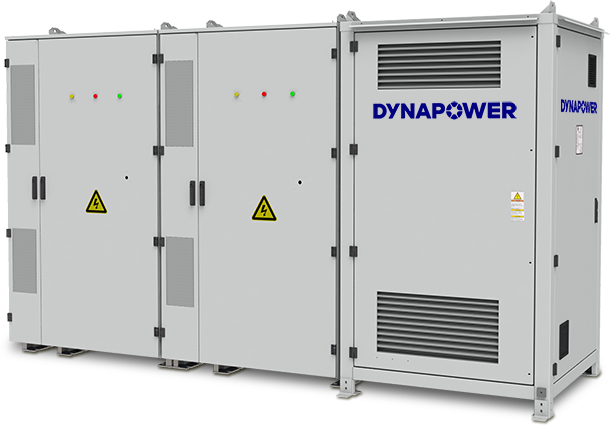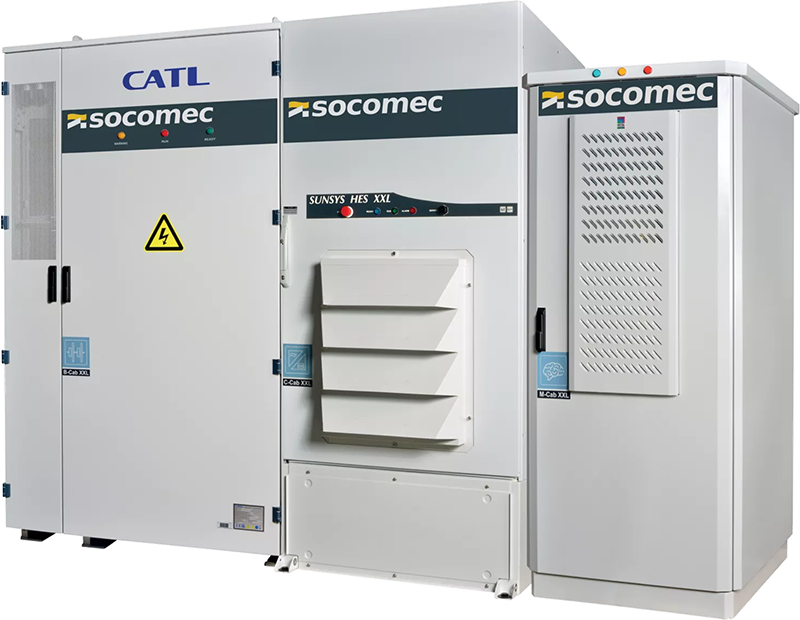C&I Battery Storage Solutions
Demand Charges and Mitigation Strategies
Demand charges are based on the peak energy consumption during a specified demand interval, typically 15 or 30 minutes. To effectively manage demand charges, it is essential to:
- Monitor consumption patterns: Use the mtvSolar Metering platform to identify peak demand periods and understand the factors contributing to high consumption.
- Implement energy-saving measures: Employ strategies such as load shedding, time-of-use rate optimization, and energy-efficient equipment to reduce peak demand.
- Consider battery backup systems: Battery backup systems can store excess energy during off-peak hours and discharge it during peak demand periods, helping to offset demand charges.

Battery Backup Systems: Key Considerations
- Battery capacity: The capacity of the battery system (in kWh) determines its off-grid autonomy.
- Inverter sizing: The inverter must be oversized to accommodate reactive demand and motor inrush.
- Switchover time: Large battery systems may not offer instant switchover for backup. Small UPS units may be required to maintain equipment controller operation during the transition.
Mountain View Solar: Expertise in Demand Charge Management
Mountain View Solar, with its extensive experience in the solar industry, offers:
- Deep understanding of demand charges: Thorough knowledge of utility billing rate schedules and demand charge calculations.
- Specialized solutions: Tailored battery backup systems designed to address specific operational needs and mitigate demand charges effectively.
Are you ready to directly add to your bottom line ?
Click the link below to fill out our customer information form and schedule a consultation with one of our expert consultants. They’ll help you assess your unique needs and design a customized battery storage system tailored to your business needs and energy requirements.
Click or Tap Here: https://mtvsolar.com/site-evaluation/


